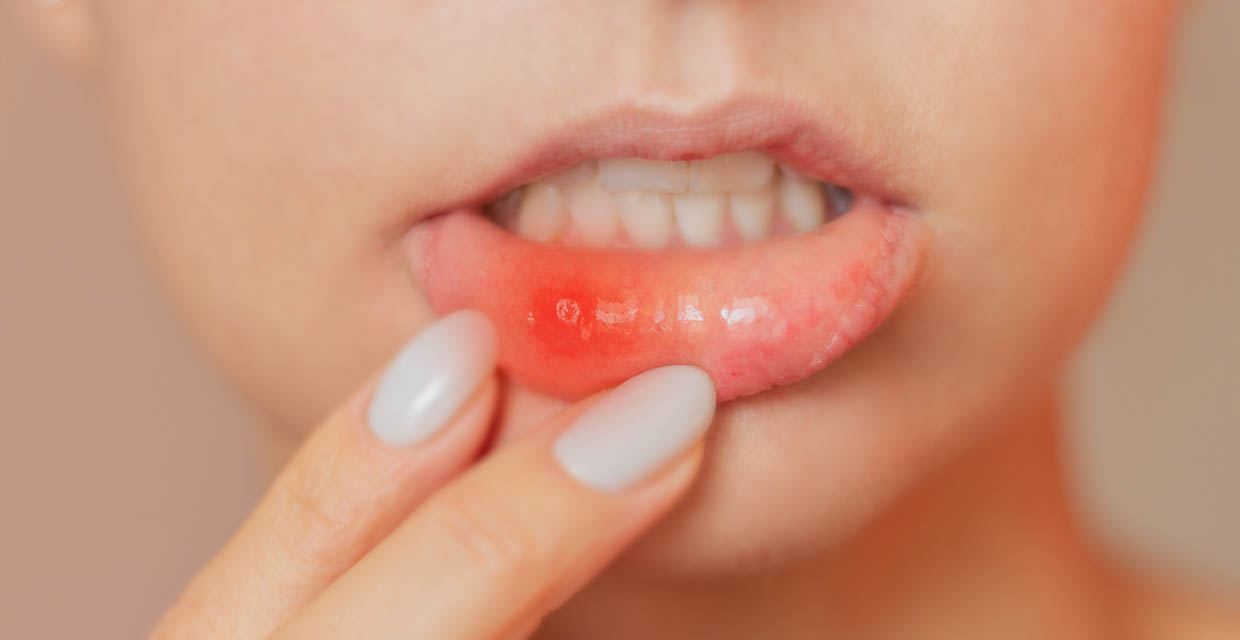
【生活醫學—飲食篇】健康飲食如何改善心情?
本文內容:
*本文章內容純屬專家個人意見,詳情請諮詢專業人士意見。

攝取足夠的維他命B和維他命D
維他命B6及B12對神經元功能至關重要,其有助增加大腦中的血清素,對抗抑鬱1。當中,全麥穀物、豆類、綠色蔬菜和水果、雞蛋、魚類、適量奶類製品和少量紅肉等等都含有維他命B雜。此外,維他命D也有助降低患上抑鬱的風險。每天吸收10分鐘陽光便能達到維他命D的建議攝取量。食物方面,蛋黃及富含脂肪的魚類,如三文魚、鱈魚、吞拿魚和比目魚,亦含有豐富維他命D。
益生菌
腸道健康和中樞神經系統相互影響。有研究發現抑鬱症病患者的腸道菌組成中缺少兩種細菌群,可見腸道菌與情緒之間有某種關聯。高纖飲食(含益生元prebiotics)能促進益生菌生長和腸道健康,增強免疫系統,有助改善精神和大腦健康。除了低脂原味乳酪和芝士外, 紅茶菌 (Kombucha) 和味噌等食品和飲料亦含有益生菌。
減少飲酒
酒精是中樞神經的抑制劑,會使人感到疲憊,失去精力9。酒精會擾亂腦部化學物質水平,增加患上情緒病風險10。長期酗酒更會成癮,可引致腦功能衰退等,可能會破壞人際、家庭和工作上的關係11。因此,我們應適量飲用酒精。
資料來源
1. Wu, Y., Zhang, L., Li, S., & Zhang, D. (2022). Associations of dietary vitamin B1, vitamin B2, vitamin B6, and vitamin B12 with the risk of depression: a systematic review and meta-analysis. Nutrition Reviews, 80(3), 351–366. https://doi.org/10.1093/nutrit/nuab014
2. Parker, G. B., Brotchie, H., & Graham, R. K. (2017). Vitamin D and Depression. Journal of Affective Disorders, 208, 56–61. https://doi.org/10.1016/j.jad.2016.08.082
3. Guu, T. W., Mischoulon, D., Sarris, J., Hibbeln, J., McNamara, R. K., Hamazaki, K., ... & Su, K. P. (2019). International society for nutritional psychiatry research practice guidelines for omega-3 fatty acids in the treatment of major depressive disorder. Psychotherapy and Psychosomatics, 88(5), 263-273.
4. Liu, R. T., Walsh, R. F., & Sheehan, A. E. (2019). Prebiotics and probiotics for depression and anxiety: A systematic review and meta-analysis of controlled clinical trials. Neuroscience & Biobehavioral Reviews, 102, 13-23.
5. Soltani, H., Keim, N. L., & Laugero, K. D. (2018). Diet quality for sodium and vegetables mediate effects of whole food diets on 8-week changes in stress load. Nutrients, 10(11), 1606-. https://doi.org/10.3390/nu10111606
6. Rink, L., & Gruber, K. (2013). The Role of Zinc in Immunity and Inflammation. In Diet, Immunity and Inflammation.
7. Huma, N., Salim-Ur-Rehman, Anjum, F. M., Murtaza, M. A., & Sheikh, M. A. (2007). Food Fortification Strategy - Preventing Iron Deficiency Anemia: A Review. Critical Reviews in Food Science and Nutrition, 47(3), 259–265. https://doi.org/10.1080/10408390600698262
8. Aucoin, M., Lachance, L., Naidoo, U., Remy, D., Shekdar, T., Sayar, N., Cardozo, V., Rawana, T., Chan, I., & Cooley, K. (2021). Diet and anxiety: A scoping review. Nutrients, 13(12), 4418-. https://doi.org/10.3390/nu13124418
9. Mukherjee S. Alcoholism and its effects on the central nervous system. Curr Neurovasc Res. 2013 Aug;10(3):256-62. doi: 10.2174/15672026113109990004. PMID: 23713737.
10. Stevenson, J. R., Schroeder, J. P., Nixon, K., Besheer, J., Crews, F. T., & Hodge, C. W. (2009). Abstinence following Alcohol Drinking Produces Depression-Like Behavior and Reduced Hippocampal Neurogenesis in Mice. Neuropsychopharmacology (New York, N.Y.), 34(5), 1209–1222. https://doi.org/10.1038/npp.2008.90
11. Boden, J. M., & Fergusson, D. M. (2011). Alcohol and depression. Addiction (Abingdon, England), 106(5), 906–914. https://doi.org/10.1111/j.1360-0443.2010.03351.x
閱讀更多
文章主題
*By clicking the "Subscribe", you agree to Mannings's T&C and privacy policy
About Mannings
Online Store
The Dairy Farm Company, Limited 牛奶有限公司





















